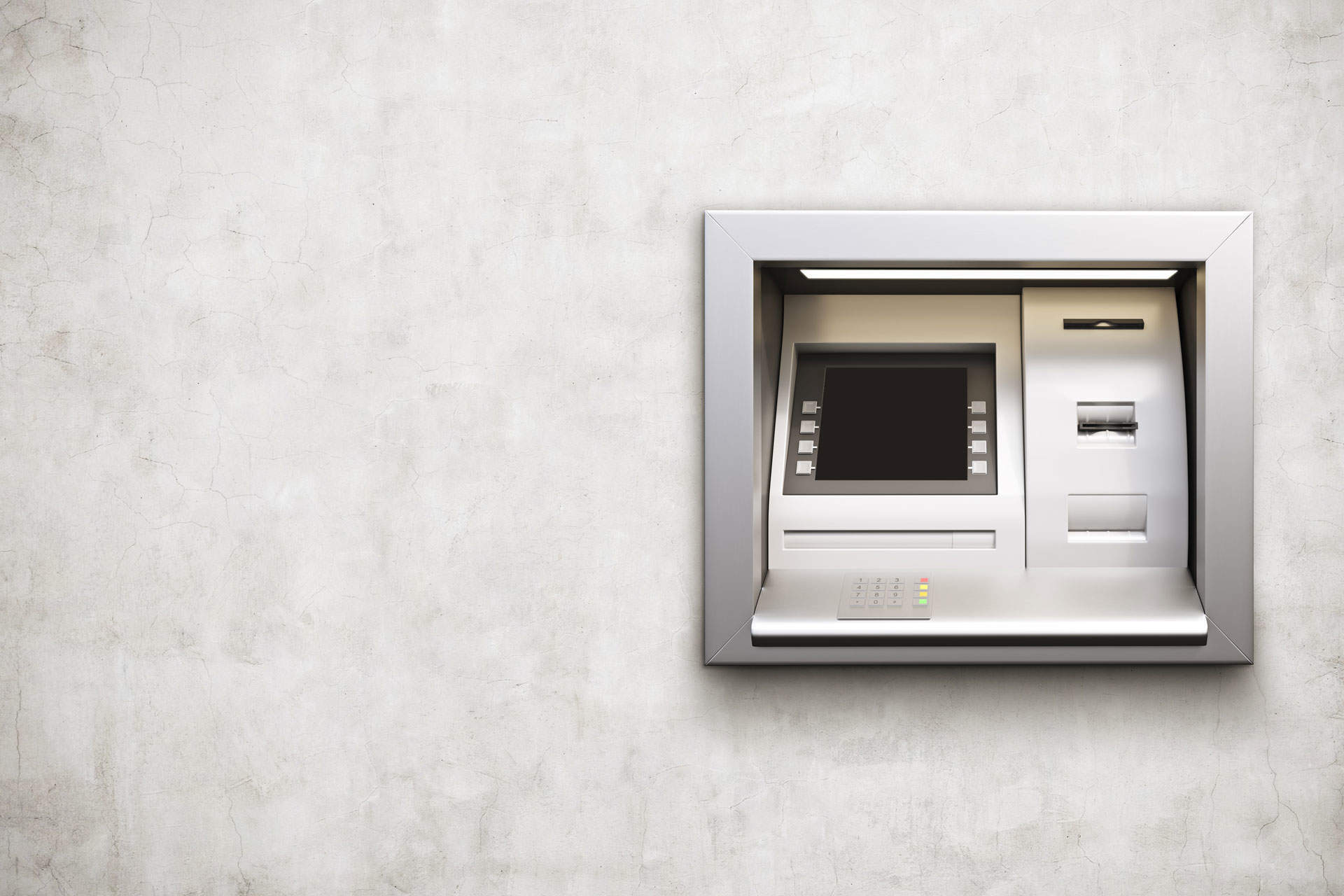
With the excitement surrounding fintech and the emergence of innovative digital-first banks, it is easy to overlook those who rely on cash in their day-to-day lives.
Although an increasing focus on a digital-first approach to banking is inevitable, consumer group Which? has warned that some members of society are at risk from being left behind in a cashless society.
Disabled people who use taxis, which often only accept cash, those who are not technologically savvy or do not have access to a computer, and those from low income households, the transition to a cashless society may not be wholly welcome.
The rise of the cashless society
In June, debit card payments overtook cash as the most popular payment method in the UK for the first time, and the past twelve months have seen a sharp decline in the number of bank branches, with nearly 13,000 bank branch closures occurring in 2018.
According to Which? 488 cashpoints close every month in the UK, and an increasing number of shops or restaurants have begun to not accept cash payments.
As a result, Which? has launched a freedom to pay campaign, urging the government to appoint a regulator to ensure limit ATM and bank branch closures, and rethink the way in which ATMs are funded. This is to ensure that the 2.2 million people in the UK still relying entirely on cash are not left behind in the move towards a cashless society.
How well do you really know your competitors?
Access the most comprehensive Company Profiles on the market, powered by GlobalData. Save hours of research. Gain competitive edge.

Thank you!
Your download email will arrive shortly
Not ready to buy yet? Download a free sample
We are confident about the unique quality of our Company Profiles. However, we want you to make the most beneficial decision for your business, so we offer a free sample that you can download by submitting the below form
By GlobalDataThis follows the UK Government’s Access to Cash review, commissioned in July 2018, that estimated that 25 million people would struggle if they did not have access to cash, particularly those in debt or living in rural areas.
It warned of the dangers of the UK “sleepwalking into a cashless society” without being properly prepared.
David Clarke, head of policy at Positive Money believes that the government should be doing more to limit ATM closures:
“With cash machines continuing to disappear at an alarming rate, especially in remote areas, it’s clear that action from regulators has been inadequate. This trend is set to continue, unless the recent cuts to the amount banks pay to maintain the ATM network are reversed.
“We welcome calls for the Government to appoint a regulator to protect access to cash, so that the evolution of payments can serve consumers rather than the interests of banks and card companies.”
According to the Access to Cash Review, Britain could be a cashless society within the next 15 years. Although this brings with it both benefits and drawbacks, businesses must ensure they are ready.
Guy Moreve, Chief Marketing Officer at Patmentsense believes that businesses may need to embrace digital payment systems, as well as still accepting cash, in order to remain competitive:
“As consumers become more comfortable in using digital forms of payments the need for cash machines is decreasing. There are a lot of businesses who still rely on cash as their main payment method. Therefore in order for them to remain competitive in the market, it’s time for them to consider card payments and avoid consumers walking out if there is no ATM in or nearby their premises.”







